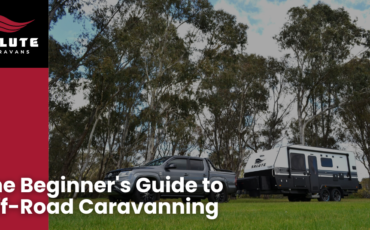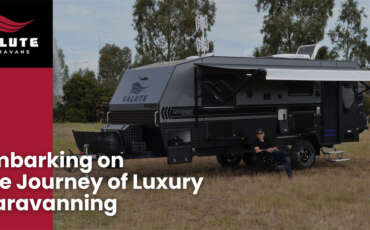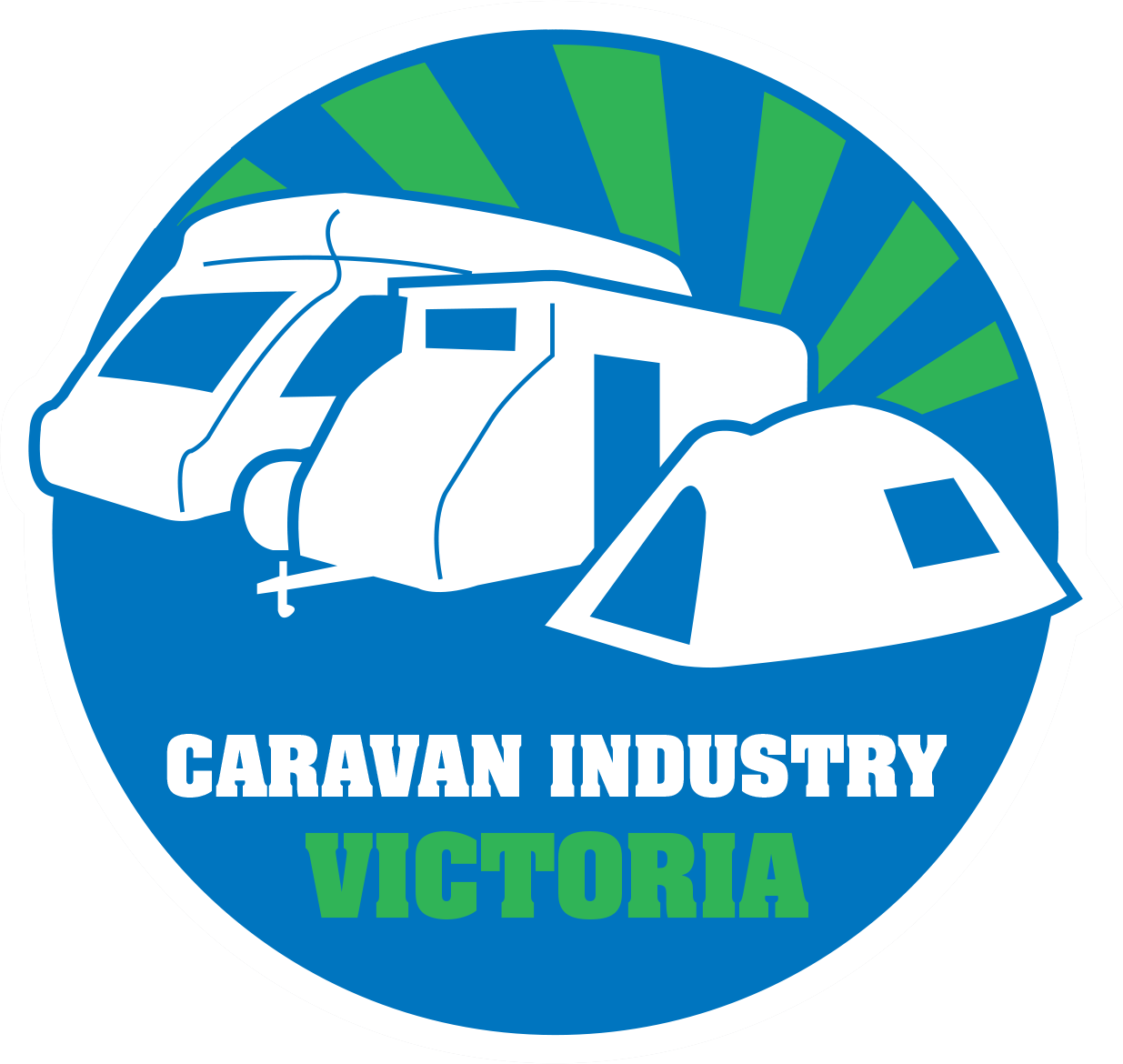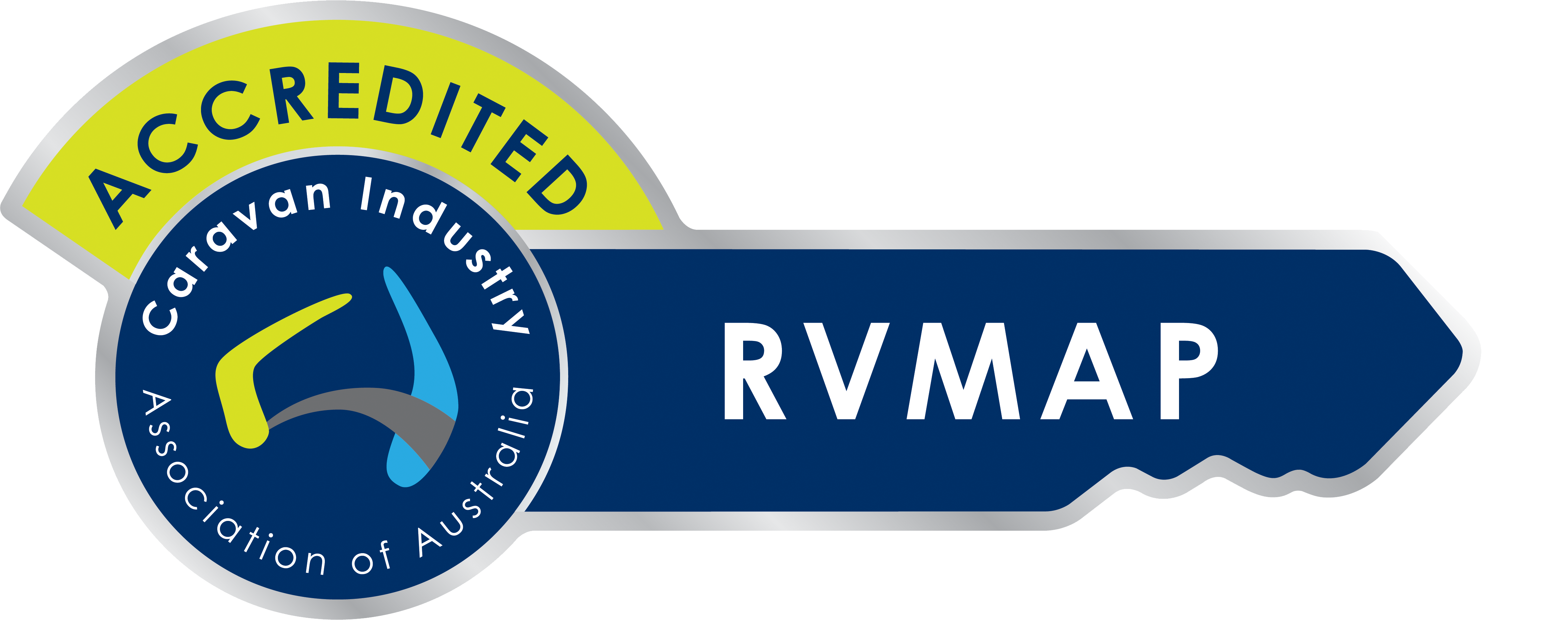In the world of caravanning, independence and sustainability are key. Solar power provides an excellent way to achieve both, offering a reliable and eco-friendly energy source for your travels.
With the right solar solutions, you can enjoy the freedom of off-grid living without sacrificing comfort.
This guide will help you navigate the world of caravan solar panels and energy solutions, ensuring you make an informed decision that suits your needs.
Understanding Solar Power for Caravans
Harnessing solar power for your caravan comes with numerous benefits. Here’s why you should consider it:
1. Sustainability: Solar energy is a clean, renewable source of power, reducing your carbon footprint.
2. Independence: Solar power allows you to camp off-grid, providing energy wherever the sun shines.
3. Cost-Effective: After the initial investment, solar power is virtually free, lowering your long-term energy costs.
Before diving into the specifics, it’s essential to understand how solar panels generate power:
1. Photovoltaic Cells: Solar panels are made up of photovoltaic cells that convert sunlight into electricity.
2. Charge Controllers: This electricity is regulated by a charge controller, which ensures the batteries are charged safely and efficiently.
3. Batteries: The energy is stored in batteries, ready to be used to power your caravan’s appliances and systems.
Types of Caravan Solar Panels
Fixed solar panels are permanently mounted on the roof of your caravan. Here’s what you need to know:
1. Advantages: They’re always ready to use and require minimal setup once installed. They also tend to have higher efficiency due to better airflow.
2. Disadvantages: They can be more challenging to install and may require drilling holes in the roof. They’re also susceptible to shading from nearby objects.
Portable solar panels offer flexibility, allowing you to move them to capture the best sunlight. Consider these points:
1. Advantages: They’re easy to set up and can be positioned for optimal sunlight exposure. They don’t require permanent installation.
2. Disadvantages: They can be cumbersome to transport and set up each time you camp. They also require secure storage when not in use.
Folding solar panels are a subset of portable panels, designed for compact storage and easy transportation. Here’s why they might suit your needs:
1. Advantages: They’re lightweight, easy to store, and can be unfolded for use wherever you need them.
2. Disadvantages: Similar to portable panels, they require manual setup and takedown and need a safe storage space.
Choosing the Right Solar Panel for Your Caravan
To choose the right solar solution, you first need to assess your energy requirements. Here’s how to do it:
1. List Your Appliances: Make a list of all the appliances and devices you plan to use, noting their power consumption.
2. Calculate Daily Usage: Estimate how many hours each appliance will be used daily to calculate total energy consumption.
3. Factor in Efficiency: Consider the efficiency of your appliances and the average sunlight hours you’ll receive.
Not all solar panels are created equal. Pay attention to these factors:
1. Efficiency: Higher efficiency panels convert more sunlight into electricity, which is crucial if you have limited roof space.
2. Output: Ensure the panels can generate enough power to meet your daily energy needs, especially during cloudy days or in less sunny regions.
Ease of installation and maintenance are important considerations. Think about the following:
1. Installation Complexity: Determine whether you can install the panels yourself or if you’ll need professional help.
2. Durability: Look for panels with robust construction that can withstand the elements and rough travel conditions.
3. Maintenance Requirements: Consider how often the panels will need cleaning and whether they’re easy to access for maintenance.
Additional Components for Your Solar System
A charge controller is essential for protecting your batteries from overcharging. Here’s what you should know:
1. PWM vs MPPT: Pulse Width Modulation (PWM) controllers are cheaper but less efficient, while Maximum Power Point Tracking (MPPT) controllers are more efficient but costlier.
2. Sizing: Ensure the charge controller is compatible with the voltage and current of your solar panels.
Choosing the right batteries is crucial for storing the energy generated by your solar panels. Consider these types:
1. Lead-Acid Batteries: These are cheaper and widely available but heavier and require regular maintenance.
2. Lithium-Ion Batteries: These are lighter, have a longer lifespan, and require less maintenance, but they’re more expensive.
Inverters convert the DC power stored in your batteries into AC power for your appliances. Here’s what to look for:
1. Pure Sine Wave vs Modified Sine Wave: Pure sine wave inverters provide cleaner power suitable for sensitive electronics, while modified sine wave inverters are cheaper but less efficient.
2. Capacity: Choose an inverter with sufficient capacity to handle your peak power needs.
Installation and Setup
Deciding between DIY and professional installation depends on your skills and the complexity of the system. Here are the pros and cons:
1. DIY Installation: It’s cheaper and allows for personal customisation. However, it requires technical knowledge and can be time-consuming.
2. Professional Installation: It ensures a correct and safe setup, saving you time and hassle, but it’s more expensive.
Positioning your panels correctly is crucial for maximising efficiency. Consider these tips:
1. Angle and Direction: Aim to position your panels at an angle that captures the most sunlight, typically facing north in the Southern Hemisphere.
2. Avoiding Shade: Ensure the panels are placed where they won’t be shaded by trees, buildings, or other obstructions.
Proper wiring and connectivity are vital for the safety and efficiency of your solar system. Here’s what you need to do:
1. Use Quality Cables: Ensure you use high-quality, weather-resistant cables.
2. Secure Connections: Make sure all connections are secure to prevent power loss and reduce the risk of electrical faults.
3. Fuse Protection: Install appropriate fuses to protect your system from overcurrent.
FAQs: Caravan Solar Solutions
How much solar power do I need for my caravan?
The amount of solar power you need depends on your daily energy consumption. Calculate your total energy usage and choose panels that can generate enough power to meet those needs, considering average sunlight hours.
Can I install solar panels on my caravan myself?
Yes, many people install solar panels themselves. However, it requires some technical knowledge and skills. If you’re unsure, it’s best to hire a professional to ensure a safe and efficient setup.
What’s the difference between PWM and MPPT charge controllers?
PWM controllers are cheaper but less efficient, suitable for smaller systems. MPPT controllers are more efficient, particularly in varying sunlight conditions, but they’re more expensive.
How do I maintain my caravan solar panels?
Keep the panels clean and free of debris to maximise efficiency. Regularly check connections and the condition of the panels. Follow the manufacturer’s maintenance guidelines for best results.
Are lithium-ion batteries worth the extra cost for a solar system?
Lithium-ion batteries have a longer lifespan, are lighter, and require less maintenance compared to lead-acid batteries. They’re more expensive upfront but can be more cost-effective over time due to their longevity and efficiency.
Power Your Adventures with Salute Caravans
Choosing the right solar solutions for your caravan can transform your travelling experience, giving you the freedom to explore off-grid while enjoying modern comforts. With the right knowledge and preparation, you can set up an efficient, sustainable energy system that meets all your needs.
For top-quality caravans and expert advice, visit Salute Caravans. Start your journey towards sustainable, independent travel today!
Contact us today and let us help you choose your very own dream caravan.
Please call us on (03) 9303 7200 or leave an enquiry.



